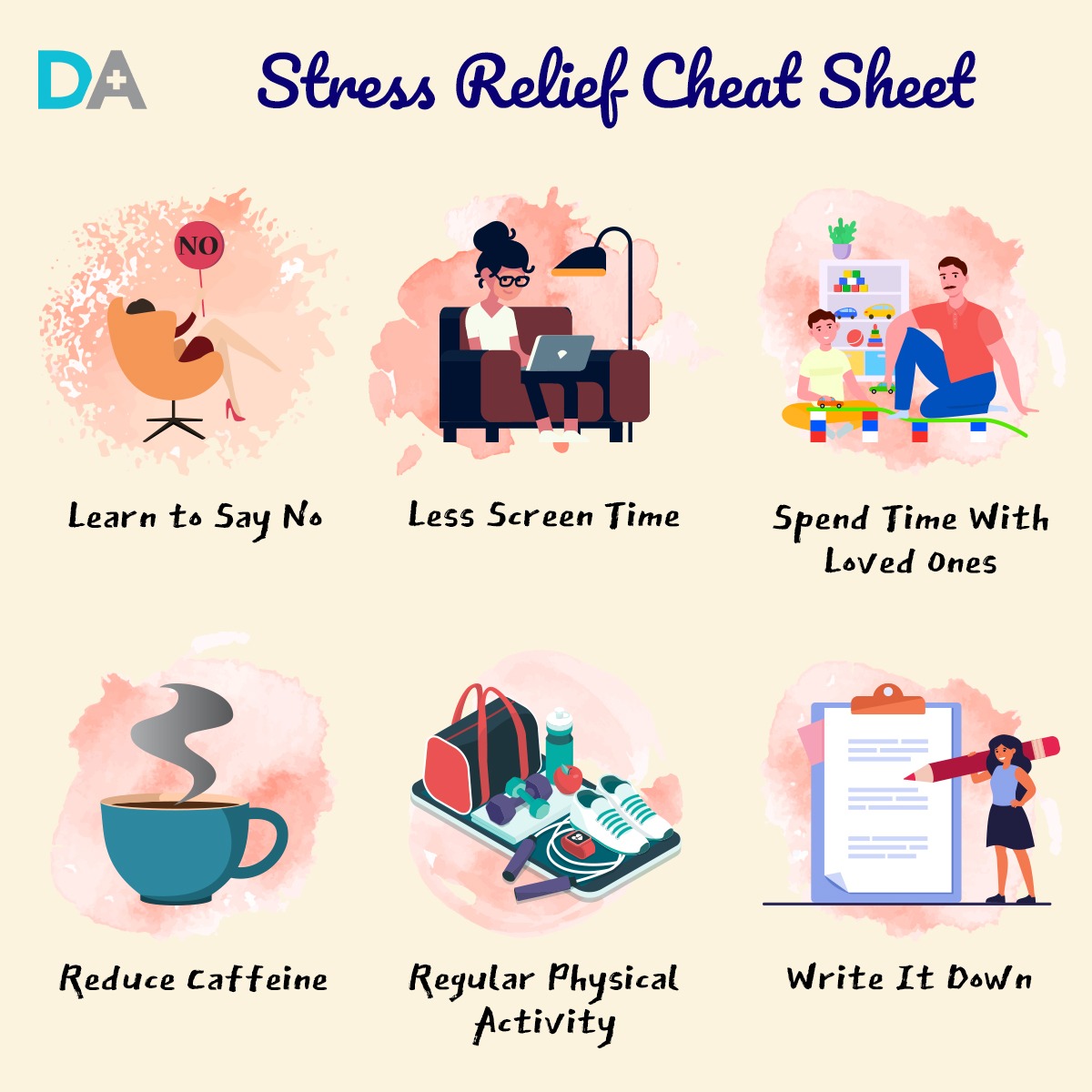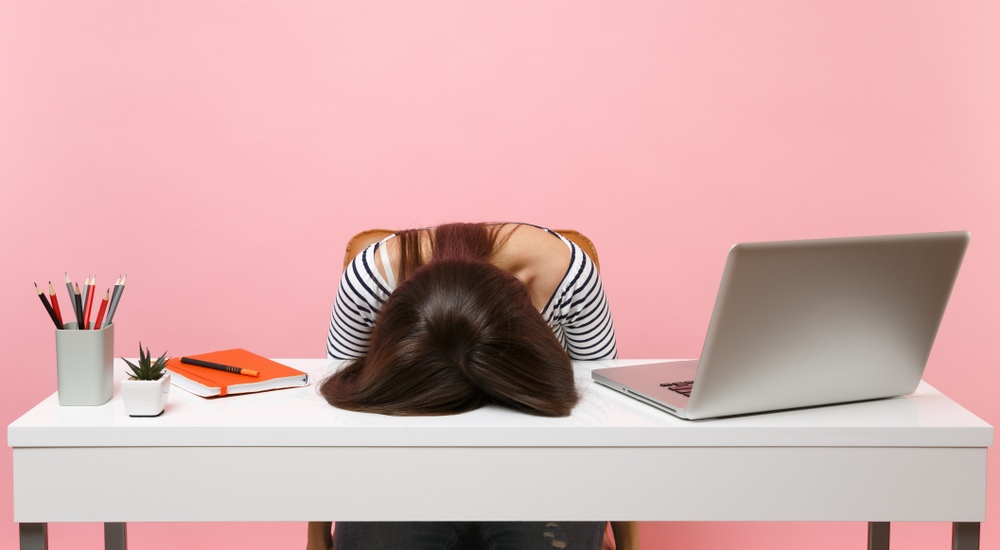Stress helps our body to respond immediately and effectively during critical situations. Although typically an unpleasant feeling, it’s an important part of how we can overcome challenges that we’re facing at the moment. However, if unchecked, prolonged and excess stress can build up to unhealthy levels, and may affect other areas of our lives.
Recognising The Symptoms of Excess Stress
Physical Symptoms
- Headaches: When we’re facing chronic stress, we may suffer from constant headaches and pains in our neck area. This may be triggered by a variety of reasons including lack of sleep, dehydration, alcohol consumption, sinus, or allergy.
- Changes in sleep patterns: Stress may result in sleeping too little, too much, or constantly waking up at night. If you find yourself often exhausted during the day, it may be a sign that you’re not getting quality sleep at night. It may be worthwhile to get a smartwatch that can help track sleeping patterns and spot any irregularities
- Appetite Issues: Everyone has different coping mechanisms for stress. Some may totally reject food while some may find comfort in binge eating. As such, losing or gaining weight in a very short amount of time can also be a sign of excessive stress.
- Digestive issues: Stress can cause gastrointestinal issues, such as constipation or diarrhoea. This is because the link between your gut and brain is closer than you think. There is even a name for it, known as the “gut-brain axis”, as chemicals in your gut are sensitive to what’s happening in your mind.
Emotional Symptoms
- Feeling anxious or restless: You might experience sensations of dizziness, rapid breathing, or a fast heartbeat.
- Lacking motivation: You may feel a lack of focus in whatever you do, even activities that you have previously enjoyed. This is a common phenomenon for those who are feeling burned out, particularly from work.
- Easily irritated or angered: Stress can put you on edge, so that even the smallest events or things that others say may trigger your anger. A possible symptom of stress is if you realise you’re suddenly quarrelling a lot with the people around you, for no apparent reason.
6 Practical Tips To Relieve Stress
#1: Learn to Say No
Being overwhelmed by too many commitments is a common source of stress for many, especially if we realise we can’t manage with what’s expected of us. Learning to say “No” is especially important to managing our work-life balance, particularly as work-life boundaries are increasing blurred with our Work From Home arrangements.
#2: Reduce Screen Time
Avoid mindlessly surfing the internet or TV channels. While doing so may seem relaxing, it may add to your stress in the long run as screen time may lead to feelings of unfulfillment. Spending too long on your phone also may distract you from important tasks you need to do, which eventually compounds your stress levels.
#3: Spend Time With Loved Ones
Having social support from trusted friends and family members can help you get through stressful times. Opening up to a loved ones about the challenges you’re facing helps you to feel lighter and assures you that you’re not alone in what you’re going through.
#4: Reduce Caffeine
If you absolutely have to drink coffee to get through your day, try to take your coffee earlier in the day so that it has a lower chance of affecting your sleep. With a good night’s rest, your mood will improve and you may be better able to deal with your stress.
#5: Regular Physical Activity
Exercise can lower the cortisol (the body’s stress hormones) levels and also helps release endorphins that help to improve your mood. Even better, ask your family or housemates to join you for your workout!
#6: Write It Down
Whether you are writing a diary or organising your day, jotting down your thoughts allows you to clarify your feelings and emotions about the day. This can help you make sense of your sources of stress, so that you can take the necessary actions to deal with your stressors.

When to Seek Professional Help
If you find that you’re still experiencing constant headaches, sleep loss, an uneasy stomach or weight change, you may need to seek professional help. Our team of qualified mental health experts are ready to help you anytime you need, over the DA app.

Your Health, In Your Hands
From GP teleconsults to health screenings, vaccinations, and more, we’re here to keep you and your loved ones healthy whenever you need us.
Download the DA app
Download the DA app






